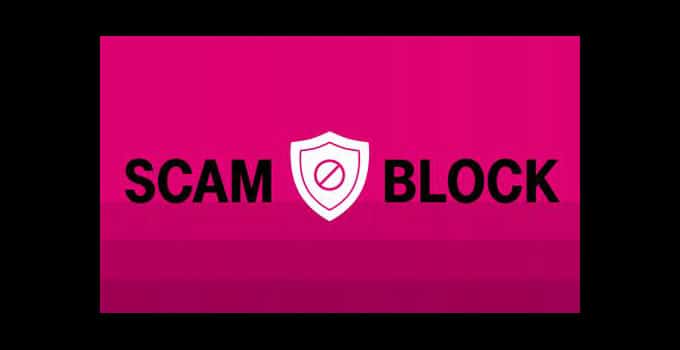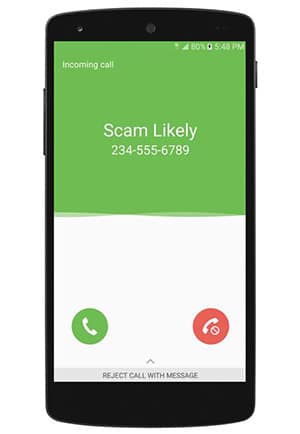
T-MOBILE ROLLS OUT FREE SCAM CALL PROTECTION TO CUSTOMERS
April 2025 by couponlab


T-Mobile says these new scam protection features use patent pending technology built right into its network. As soon as a call reaches the T-Mobile network, this technology checks the number against a global database of known scammer numbers, which T-Mobile says is kept up-to-date in real time “by analyzing every call that comes into the network with behavioral heuristics and intelligent scam pattern detection.” The process takes milliseconds, and if the technology detects a match, the network tags the incoming call and activates Scam ID. If a T-Mobile customer has enabled Scam Block, the network will terminate the call before it reaches the customer. In other words, you won’t even know a scammer just tried to call you.
T-Mobile started activating both new features on a rolling basis last week starting with T-Mobile ONE customers. T-Mobile postpaid customers can enable Scam ID for themselves beginning April 5 by dialing #ONI# (#664#) and pressing the call button in their phone’s dialer. To turn on Scam Block, customers can dial #ONB# (#662#) or, to turn it off, dial #OFB# (#632#). To check whether Scam Block is on or off, customers can dial #STS# (#787#).
Not a T-Mobile customer? You might find it encouraging to know that this year the Federal Communications Commission (FCC) has proposed a new rule that would make it easier for phone companies to block calls that are obviously fraudulent. According to Consumers Union, a policy and action division of Consumer Reports, this new rule would build upon the work of the Robocall Strike Force (RSF), an industry group aimed at ending scammer robocalls. The group, led by AT&T CEO Randall Stephenson and created at the request of then-FCC Chairman Tom Wheeler, developed the Do Not Originate program, which has been running trials to reduce robocalls originating overseas. During the trial period, participating phone companies blocked overseas calls that had spoofed a commonly used number for inbound calls to the IRS. The trial showed promise, with IRS scam calls dropping 90% during the trial period. At the behest of the FCC, RSF will meet again in April to keep this process moving forward.
In the meantime, Consumer Reports has reviewed a few free and paid tools that you could try out until the telecommunications industry gets a better handle on scam calls.
Table of Contents